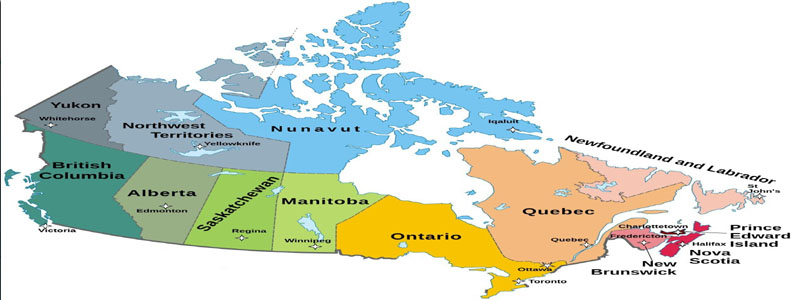The Skills Connect for Immigrants Program is funded by the Ministry of Jobs, Tourism and Skills Training through WelcomeBC, and jointly offered by Back in Motion and MOSAIC in the Lower Mainland. Skills Connect aims to help skilled immigrants move more quickly into jobs that match their experience and background. We provide specialized assistance to immigrants by helping them to prepare for and obtain employment in every sector of the B.C. economy including transportation, construction, manufacturing, tourism, and healthcare.
Skills Connect offers career counselling, assessment and planning services, access to courses and certification, workplace practice opportunities, and job placements. Many immigrants have skills in occupations where there are shortages, but face challenges in navigating a complex labour market entry system, language barriers, difficulty getting their credentials recognized, and lack of employment networks. Skills Connect will address all of these issues and more. We provide immigrants with the resources, support, and expertise they require to attain their career goal in B.C.
It is expected that the Skills Connect for Immigrants Program will help over 4,000 immigrants obtain employment in areas related to their skills and qualifications. Back in Motion and MOSAIC are very experienced in helping people find meaningful work and have the solid connections with the employer community to ensure our clients' success.
For more information visit careerpaths.ca
When most people think of learning, they think of school. They don't think of a parent sitting teaching their children themselves at home. Educational retreats to the forest where adults can get instruction in environmental practices are also not considered, but these are types of learning also. Learning is done by all people, young and old, and in all types of settings, whether they're formal schools or informal gatherings. The European Union recognizes this, and has measures in place to validate informal teachers and trainers so that this more unorthodox form of learning counts just like formal schooling.
The European Common Principles for the Accreditation of Non-Formal and Informal Learning (abbreviated as EPANIL) have been adapted by a number of European Union bodies that deal with the licensing of instructors in the member states. CEDEFOP, the European Center for the Development of Vocational Training, for example, licenses informal vocational trainers and learning methods so that a home-taught mechanic won't become the center of a dispute for practicing without a accreditation.
Getting accreditation through the EU is important for people who have been informally trained, because without certification, there are many professions that would be closed to the learner, even if he or she could demonstrate proficiency in navigating the law system for example. Without the EPANIL standards, these informally taught students would be forced to go through a time consuming and expensive certification process that would force them to re-do much of the work they did during their informal training, and that wouldn't be fair. However, people want to know that when hiring a law firm (much like Shlaw.ca) that they are accredited and legal to work in their profession.
Accrediting informal learning methods and informal instructors also helps the profession in question to stay on its toes. Informal learning, which is often done without following established conventions, leads to many new professionals who are able to "think outside the box," which can lead to new developments in how issues are handled as well as technological advancements and new data on the learning methods of various different types of people.
Any learning that is done through daily life, as a hobby, or as an apprenticeship with an expert is all considered informal or non-formal. You may not even realize you are being trained. However, it can lead to job opportunities if you seek EU accreditation.
To learn more about informal and non-formal training, where to get informal training, what benefits and drawbacks there are to this type of learning, how to become an informal instructor, and how to be accredited through the EU, browse our store of articles.
| 